By Kate Miller
Nearly halfway through fiscal year 2018, Congress finally approved an appropriations bill to fund government ag
encies for the remainder of the year. Last week, President Trump signed the bill into law, bringing to a close months of tense negotiations, two government shutdowns, five continuing resolutions and lots of high drama and uncertainty about funding levels for agencies and programs that are critical for protecting and restoring coldwater resources.
The final bill rejected all of the harmful policy riders that TU strongly opposed, rejected most of the ill-conceived natural resource program cuts proposed by the Trump Administration, boosted funding above prior levels for several key programs of great value to TU members, and resolved the pernicious “fire borrowing” problem that has so plagued watershed conservation work on our National Forests.
“It is a remarkable bill,” said Chris Wood, President and CEO of Trout Unlimited. “This amazing outcome can only be attributed to the tremendous outpouring of advocacy by TU members and conservationists from across the political spectrum and the nation.”
“Congress listened: I often say that clean water, public land management, and watershed restoration, are not partisan issues. Today, they were not. We can only hope that today’s hugely beneficial, bipartisan legislation will be the first of many other positive steps to come before the 115th Congress ends later this year,” said Wood.
The following is a short summary of some of the bill’s greatest hits for trout habitat conservation:
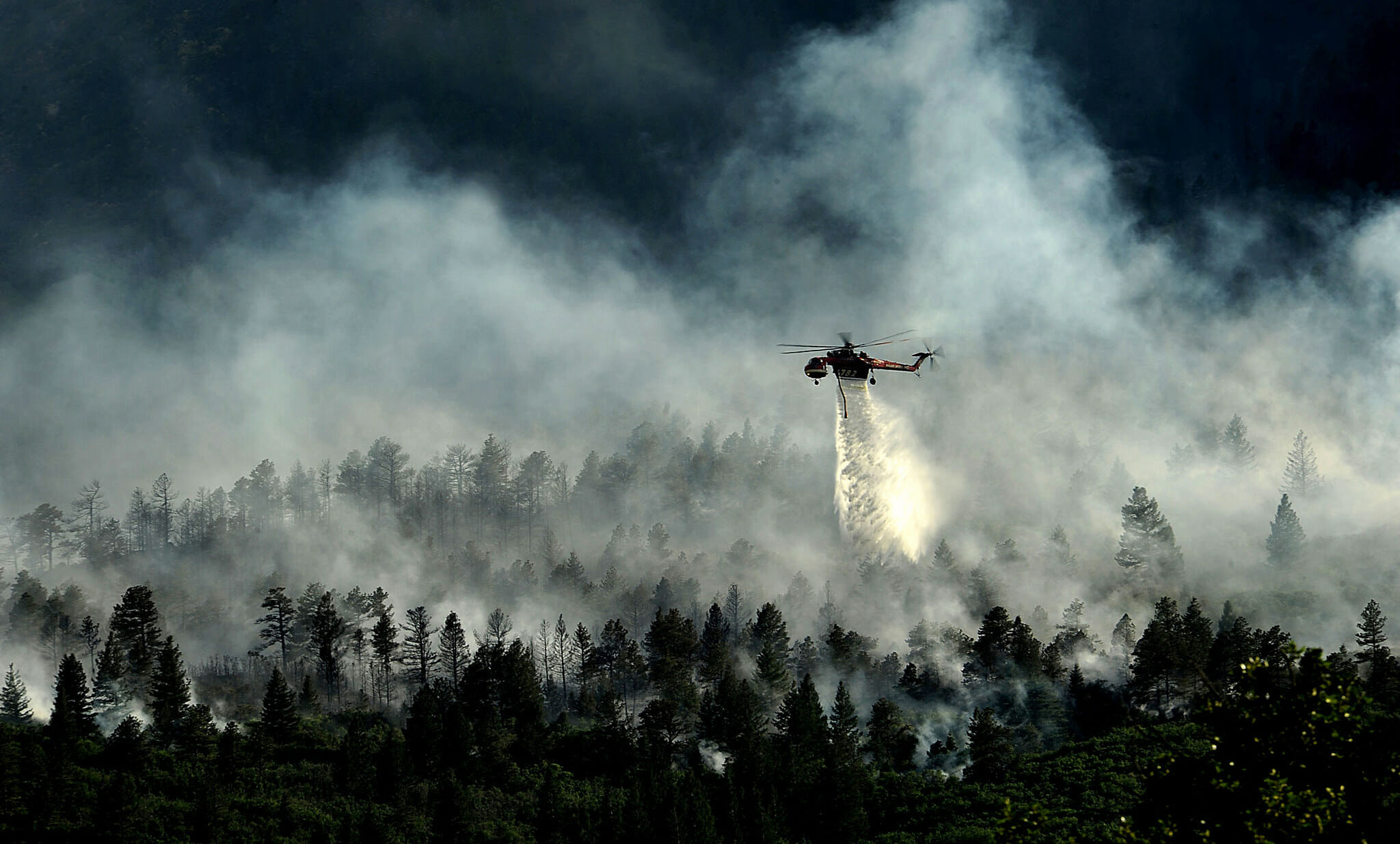
Fire Borrowing: The Omnibus bill will end “fire borrowing,” a fiscally irresponsible practice of raiding the budgets of unrelated Forest Service programs – like restoring fish and wildlife habitat and enhancing recreation opportunities – to pay for fire-fighting. The escalating cost of fighting wildlife will be paid for like any other natural disaster by dedicating funding that could be accessed once the fire-fighting budget has been exhausted for a given year, allowing fish and wildlife funds to be used as intended. (Read more here: TU Commends passage of spending bill)
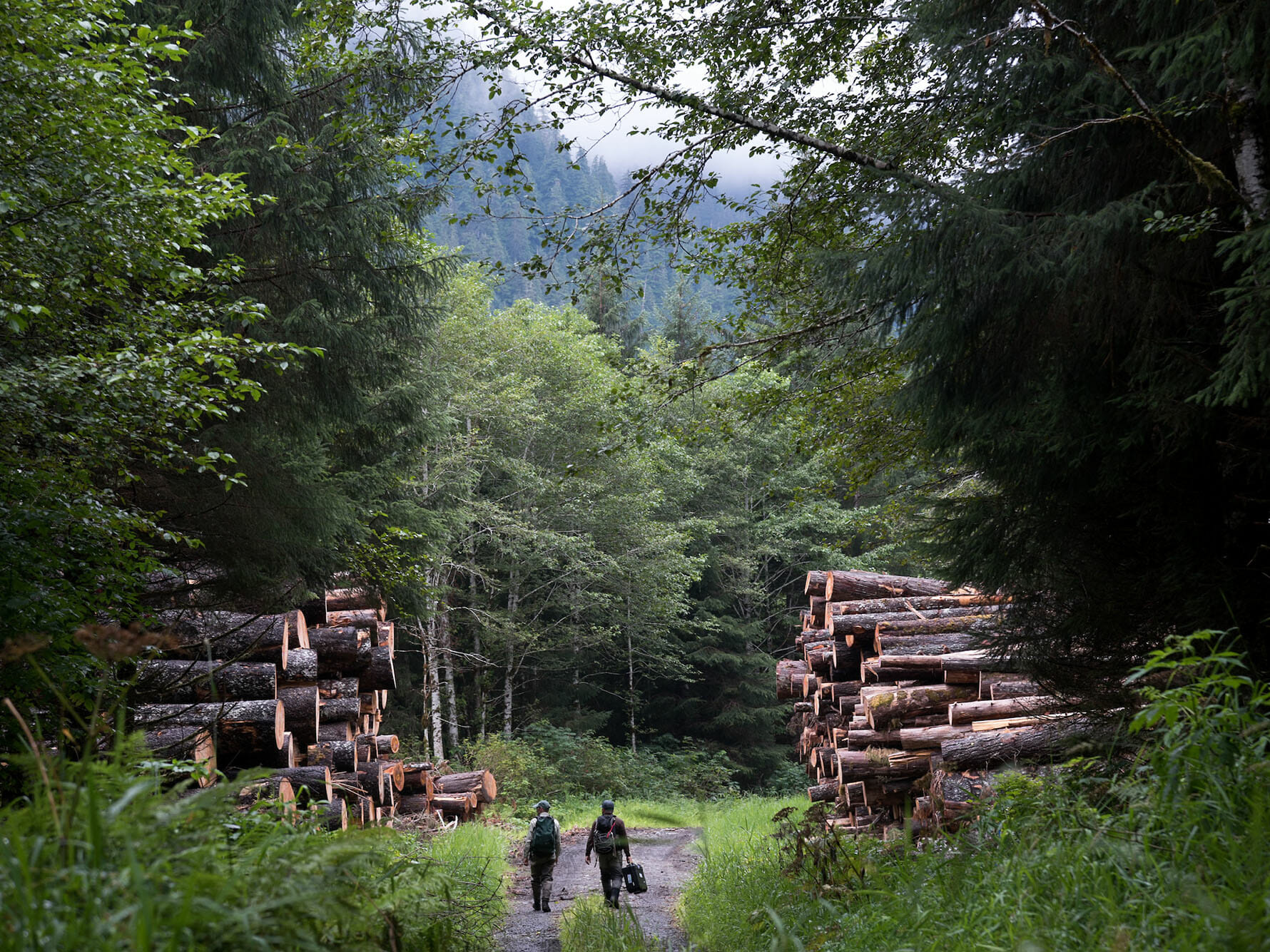
Tongass National Forest: The Omnibus does NOT include riders to undermine the 2016 Tongass Forest Management Plan and Roadless Rule. The Plan and Roadless Rule contain important protections for some of the most important and valuable fish and wildlife habitat found anywhere in our national forest system.
Clean Water Rule: The Omnibus does NOT include a rider that would have undermined the 2015 Clean Water Rule, a critical measure that would restore Clean Water Act protections for millions of miles of headwater streams across the nation.
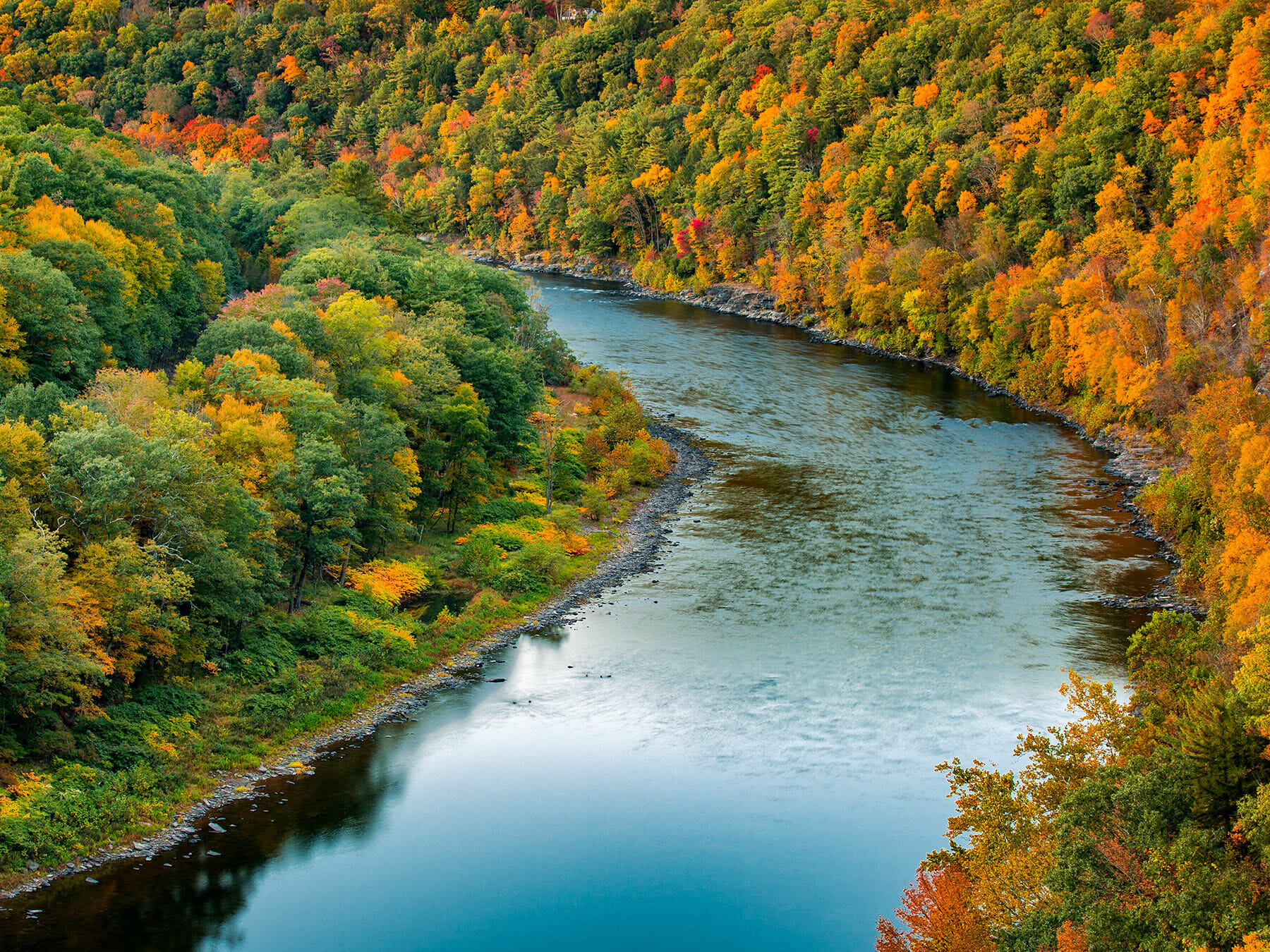
Delaware River Basin: The Omnibus bill includes the first $5 million for the Delaware River Basin Restoration Program to begin funding conservation projects that restore fish and wildlife habitat, improve water quality, enhance stream flows, and increase access for public recreation throughout the Basin. The Delaware watershed is home to more than 400 miles of Wild and Scenic Rivers and one of the prime wild trout fisheries in the east.
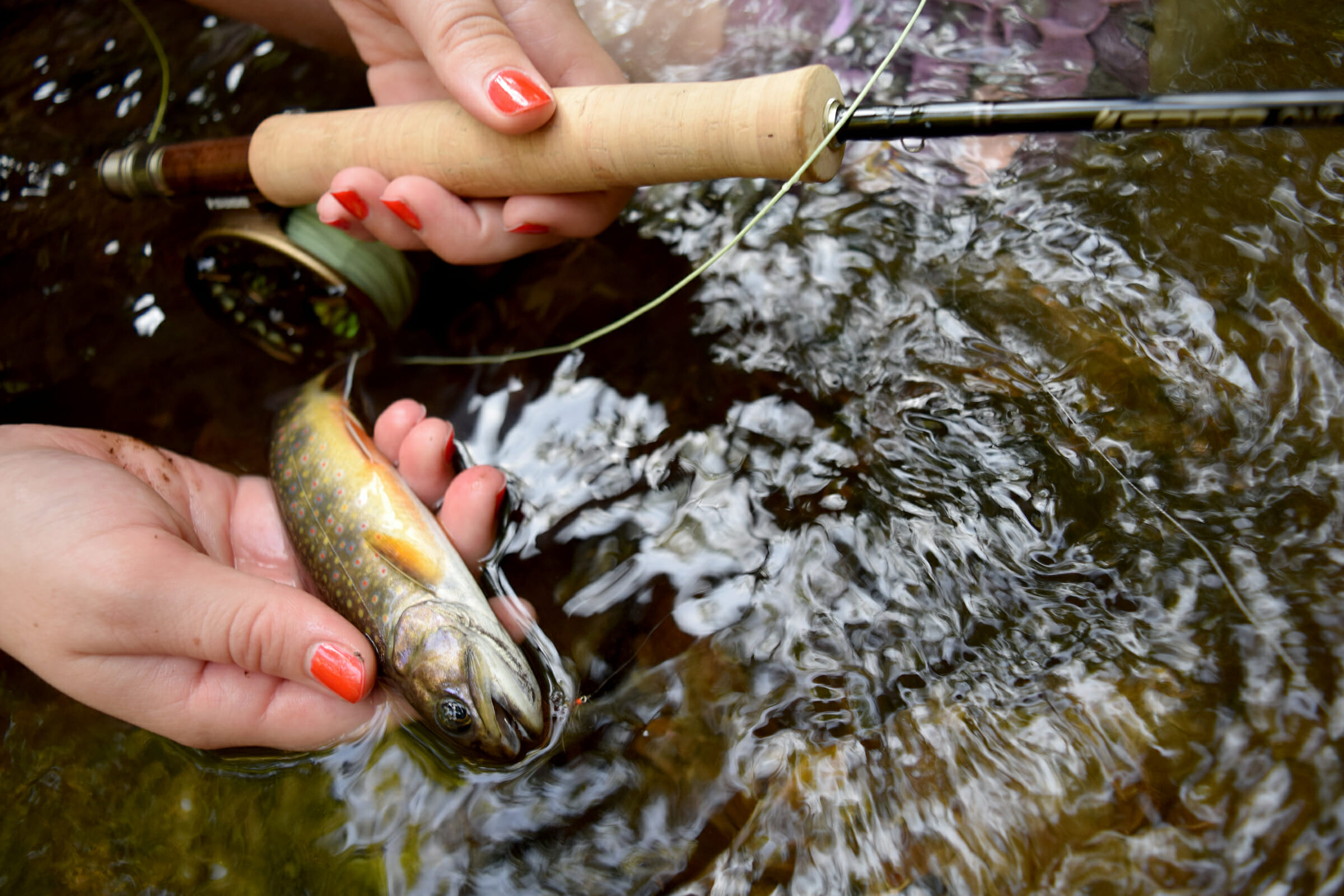
Chesapeake Bay and Great Lakes Restoration funding restored: The Omnibus bill restores $300 million in funding for the Great Lakes Restoration Initiative and $73 million for the Chesapeake Bay Program, both of which were nearly eliminated by President Trump’s budget proposal. Both programs enable TU to work with local stakeholders and agencies to improve watershed health, enhance trout habitat, and increase public access.
US Fish and Wildlife Service (FWS) : The Omnibus bill restores funding for critical FWS trout and salmon habitat programs. The National Fish Passage Program ($14 million) has helped remove aquatic barriers to reconnect thousands of miles of rivers and streams. The Partners for Fish and Wildlife program ($51.63 million) supports collaborative partnerships between willing landowners and partners like Trout Unlimited to protect and restore fish habitat on private lands.
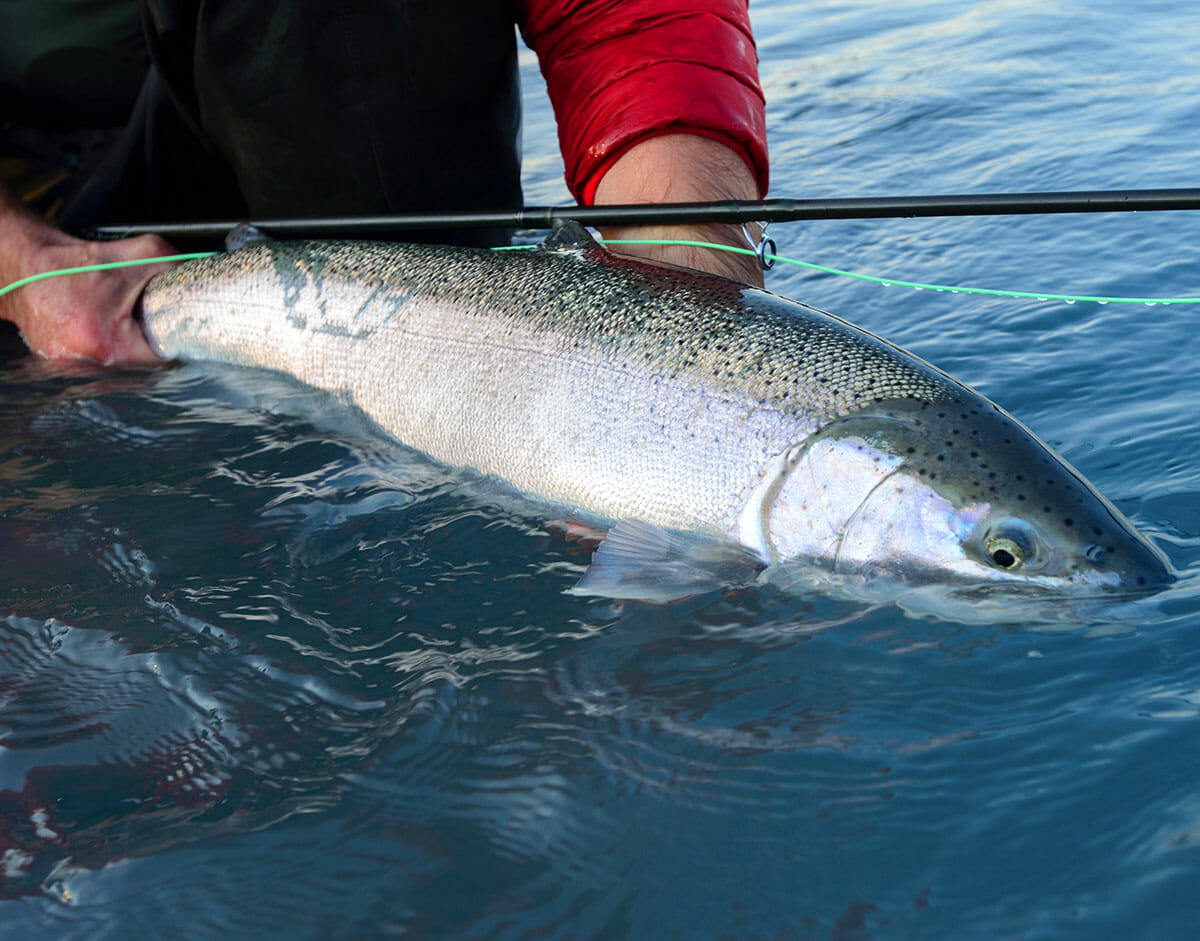
Pacific Salmon and Steelhead: The Omnibus bill restores funding at $65 million for the Pacific Coast Salmon Recovery Fund (PCSRF), a program that improves instream flows and removes fish passage barriers for Pacific salmon. Funding was also included for the Yakima River Basin Water Enhancement Project, helping to advance one of the West’s best examples of collaborative place-based drought management efforts. Additionally, the Omnibus rejected the proposed elimination of the NOAA Sea Grant Program and funds the Restoration Center.
EPA Clean Water Programs: The Omnibus bill rejected the unwarranted 30 percent cut to the EPA proposed by President Trump’s budget request and restored $170 million for the non-point pollution control program (Section 319) which provides useful funding for TU’s abandoned mine cleanup work. The bill also provided substantial increases in funding for clean water infrastructure, including more funds for community water treatment plants and drinking water facilities
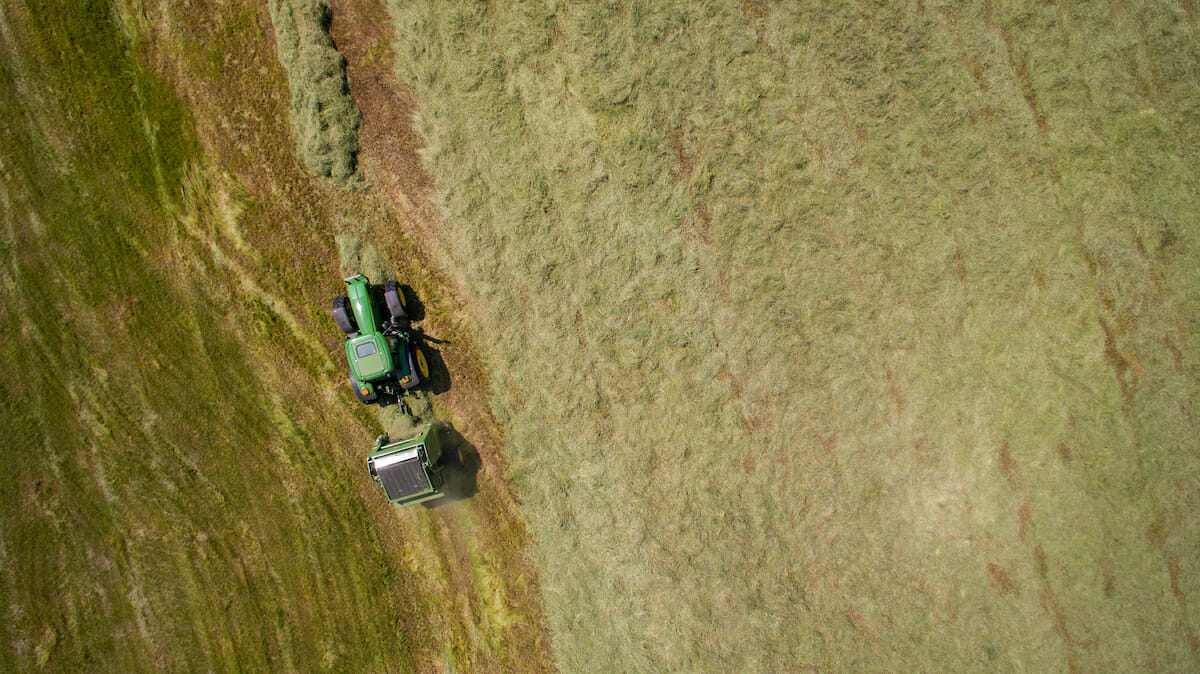
WaterSmart: The Omnibus bill restored funds for the Bureau of Reclamation’s valuable WaterSmart program which finances western water management system upgrades to enhance instream flows and improve western ranchers and farmers facilities. TU works with irrigation companies in Washington state, the Colorado River basin, and Montana to put WaterSmart funds to work to improve watershed health.
While it was a long time coming, today’s news was a great sigh of relief for TU and our partners across the country. Strong funding for our federal resource agencies and conservation programs is essential to support investments in collaborative restoration to strengthen communities, spur rural economies and protect and restore fish and wildlife habitat.
“TU commends the great work of Congressional leadership and the House and Senate Appropriations Committee members,” said Wood. “Sportsmen and women are delighted by this achievement.”
___
THANK YOU TU VOLUNTEERS! This outcome is thanks in no small part to the outpouring of support from TU members and supporters across the country. Your work on the ground in your local watersheds helps to demonstrate the incredible return on investment that TU is able to accomplish, leveraging a small amount of federal money with state, local and private investment and in-kind contributions. You know first hand the value of these agencies and programs to the health of your communities and you spoke up to share your stories with your elected officials. It is critical that they continue to hear from TU and our partners about the great work we are doing across the country and the issues that matter to you.
To learn more about how to voice your support for key programs, visit standup.tu.org/funding-conservation/ or contact the TU government affairs team.



